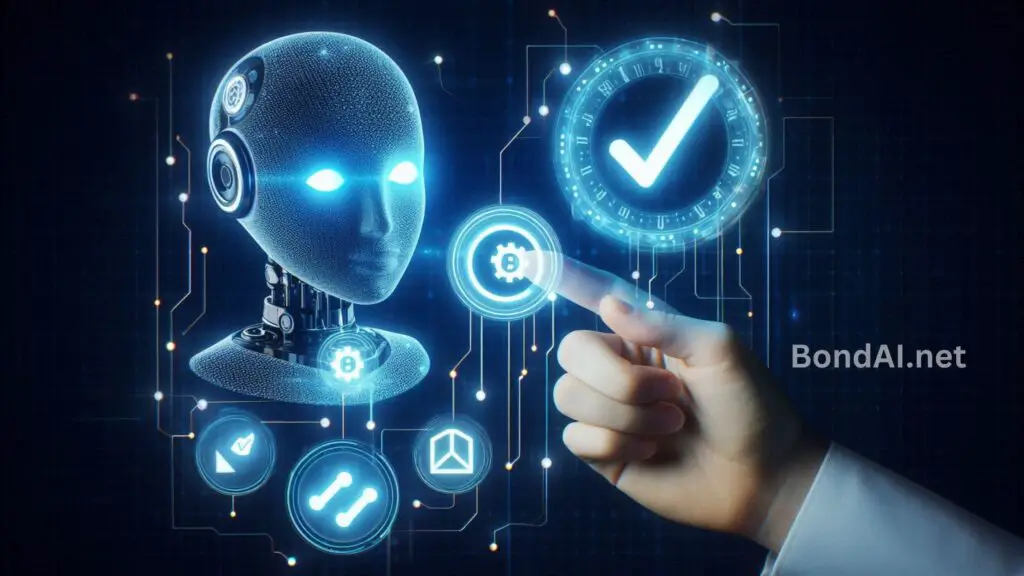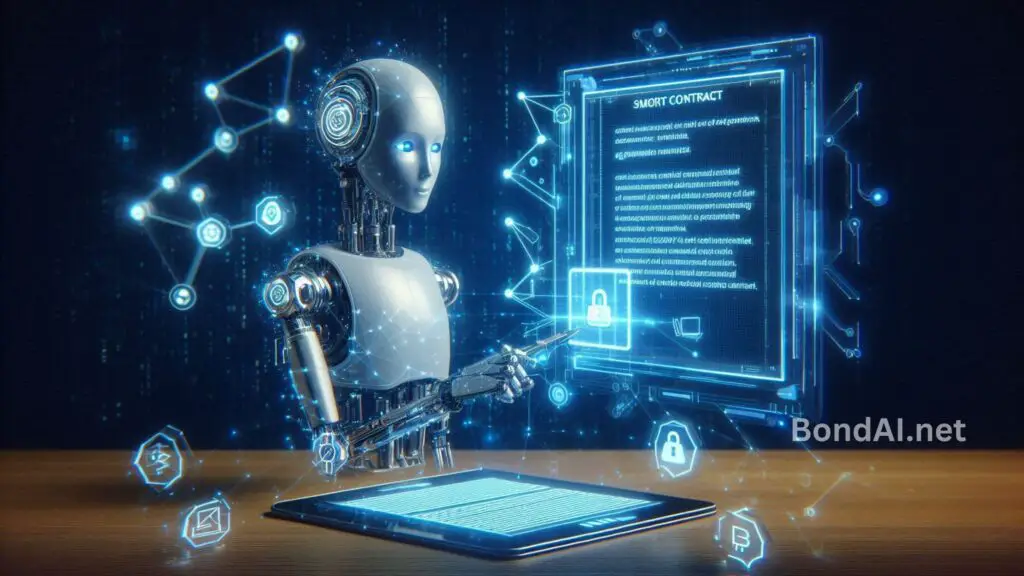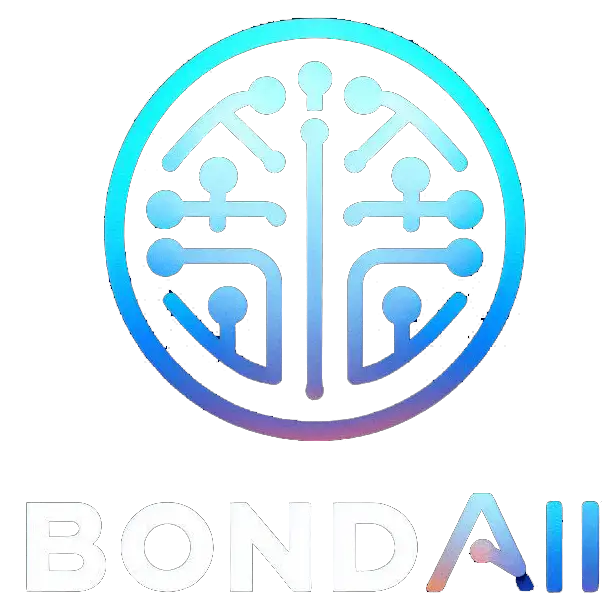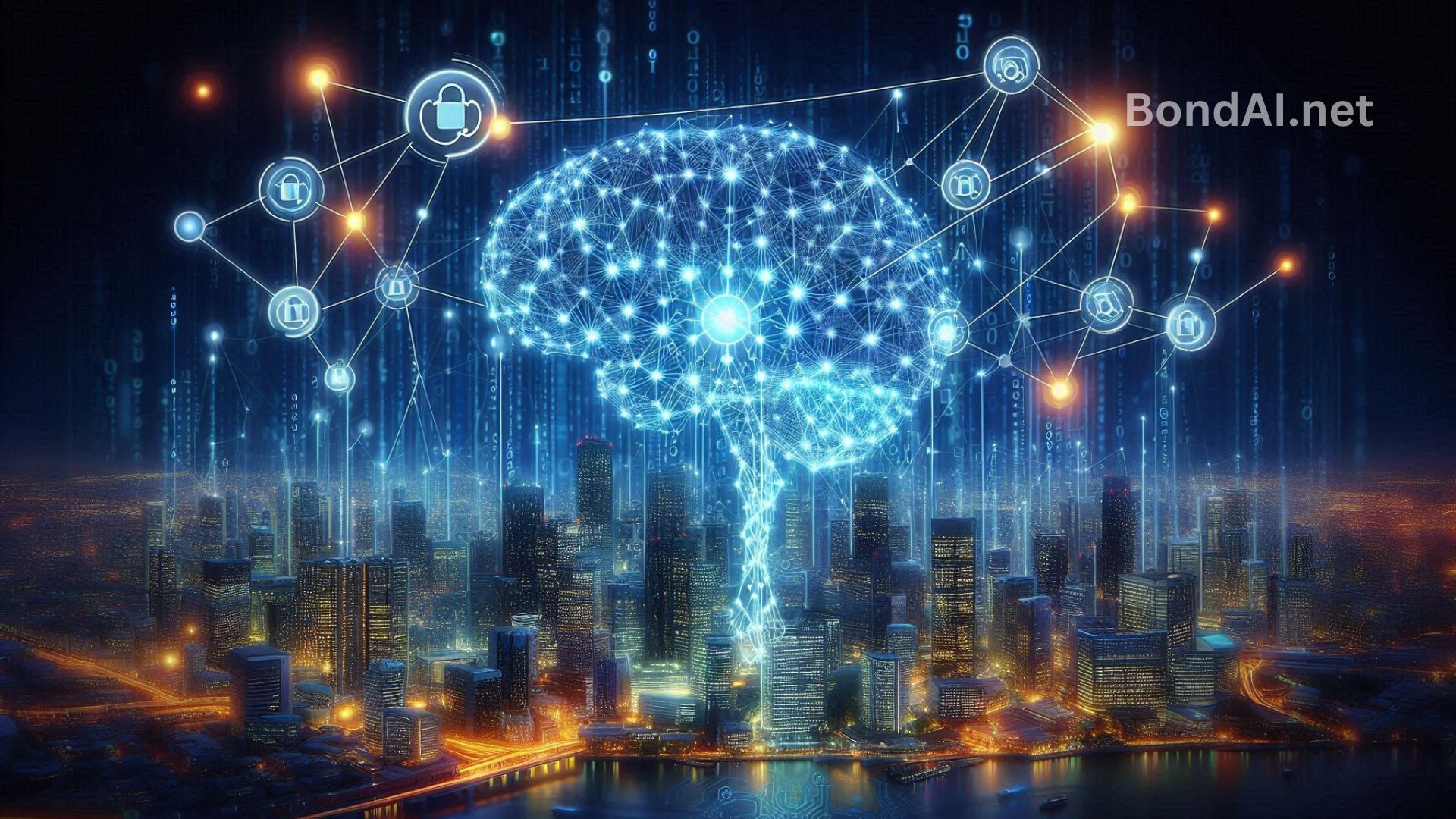The rise of artificial intelligence (AI) and blockchain technology is a game-changer in the digital world, opening up endless possibilities to revolutionize industries. Together, they don’t just boost efficiency—they also tackle some of the biggest challenges businesses face today, like ensuring data is reliable and trustworthy.
AI depends on data to learn and make decisions, but the quality of that data is crucial. In a world where misinformation and data issues are everywhere, blockchain steps in as a powerful solution. With its decentralized and tamper-proof ledger, blockchain ensures data stays secure and unaltered. This makes it a perfect match for improving the reliability of the data that fuels AI systems.
Reducing AI Hallucinations
One of the biggest challenges AI faces is something called “hallucinations”—basically, when AI makes up answers that are wrong or completely fabricated. This often happens because the data it’s trained on is unreliable. Think of it like an AI bingeing on junk food—forums, social media, and blogs filled with humor, gossip, and misinformation. Or worse, when it trains on synthetic data generated by other AIs.

It’s a bit like that scene at the end of The Matrix, where Neo dives into Agent Smith, and instead of gaining power, Agent Smith ends up imploding. AI has to watch what it “eats,” or it risks a phenomenon called “model collapse,” where everything goes haywire due to bad data.
That’s where blockchain can save the day. Blockchain’s ability to keep data secure and tamper-proof is a game-changer for AI. By using a decentralized ledger, AI can pull data that’s already verified, drastically cutting down on errors. Plus, blockchain can handle huge amounts of transactions efficiently, making it perfect for AI tools that need real-time data. This combo ensures AI is working with accurate, trustworthy information, which boosts the reliability of its insights and decisions.
Recognizing and Rewarding Creators
As AI keeps evolving, it’s becoming more important than ever to properly recognize and reward content creators for their work. This is where blockchain steps in, making it easier to pay creators directly with micro-payments for their contributions.
Using smart contracts on a blockchain, payments can be automated and happen instantly once certain conditions are met. This means creators get fairly compensated without middlemen taking a cut. It’s a win-win for everyone, building a fairer digital world where artists, writers, and developers can thrive. Think of it as “Creator Economy 2.0”—kind of like how the music industry bounced back from piracy and file-sharing by creating streaming services and monetizing live performances. In the same way, the creator economy can adapt to this AI-driven era by including financial rewards for creators whose work helps train AI models. We’re already seeing some early deals between big media companies and AI developers that point in this direction.

On top of that, blockchain can protect creators’ rights by tracking ownership and usage of their content. This is especially important for AI, which pulls data from all over to train its models. With blockchain, creators can maintain control over their work, prevent unauthorized use, and ensure their content is only used on their terms. It’s about empowering creators while shaping a more ethical AI future.
Also Read: How can AI Tools help Automate Daily Tasks?
Smart Contracts & Automation
AI and blockchain make a powerful team, especially when it comes to creating smart contracts—self-executing agreements where the terms are written directly into code. With AI in the mix, these smart contracts can be triggered automatically, taking care of tasks that would usually need human involvement. This not only makes processes faster and more efficient but also boosts transparency since every transaction is recorded on the blockchain and visible to the relevant parties.

Take supply chain management, for example. AI can analyze demand trends and trigger smart contracts to adjust orders with suppliers automatically. This keeps the supply chain running smoothly, minimizes waste, and ensures resources are sent where they’re needed most.
Smart contracts are also great for enforcing rules and regulations. In industries like finance or healthcare, where following strict guidelines is non-negotiable, smart contracts can help ensure compliance without manual oversight, reducing the risk of mistakes or violations. It’s automation with accountability built right in!
Also Read: How is AI Shaping the Future of Education?
IPv6, blockchain, and Metanet
The future of the internet is all about combining game-changing technologies like AI, blockchain, and IPv6. With IPv6 offering an almost unlimited number of IP addresses, we can connect more devices than ever before. Pair that with scalable blockchain technology, and we get the foundation for the Metanet—a new kind of internet built for secure and reliable data sharing.
In the Metanet, devices can talk to each other securely and efficiently, using blockchain to verify identities and transactions. Add AI and machine learning to the mix, and you get smart insights into data patterns and behaviors, creating safer, more intelligent interactions.
This combination has the potential to revolutionize industries by enabling real-time data sharing and collaboration between devices and users. It also opens doors to endless innovation and economic growth. Blockchain ensures security and transparency, while AI turns raw data into actionable insights—together, they could pave the way for entirely new business models.

With scalable blockchain capable of handling millions of transactions per second, microtransactions become cost-effective and free of middlemen, creating exciting opportunities for peer-to-peer digital commerce.
The merging of AI and blockchain is a major shift in the digital world. From solving data reliability problems to rewarding creators, automating workflows with smart contracts, and even reshaping how the internet works, these technologies are setting the stage for a more secure, efficient, and fair digital future.
As we explore what’s possible, one thing is clear: the partnership between AI and blockchain isn’t just about improving how things work—it’s about building trust in our increasingly data-driven world.

